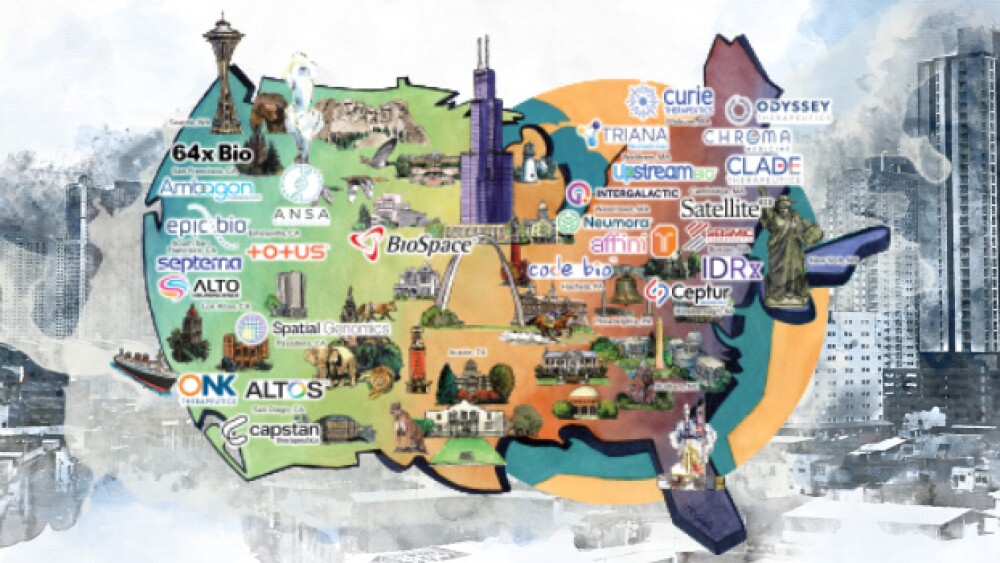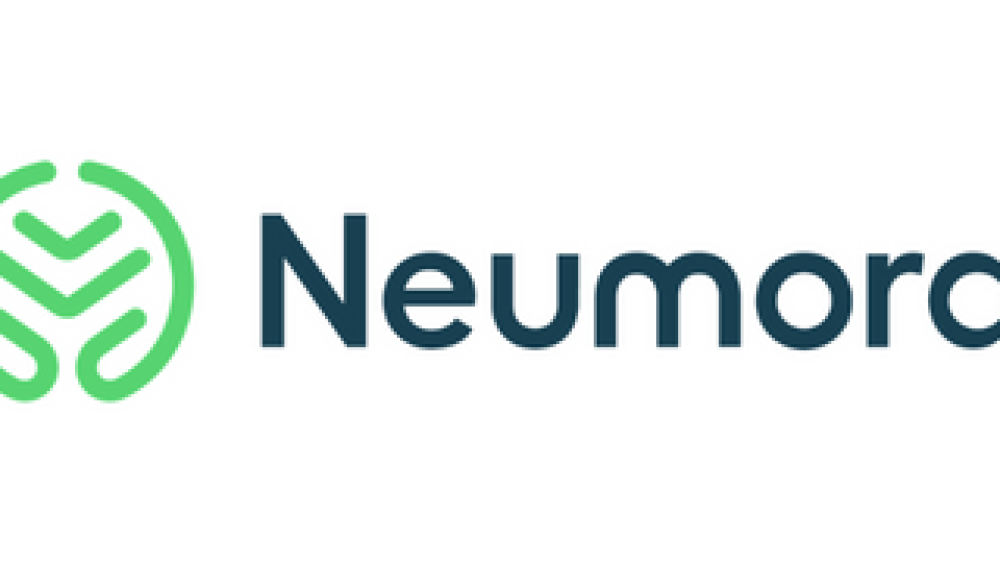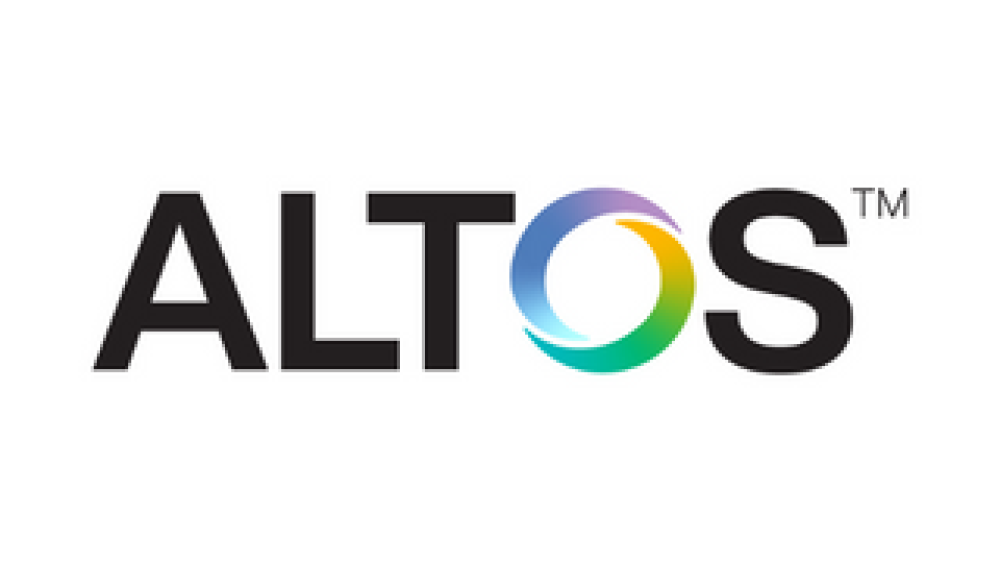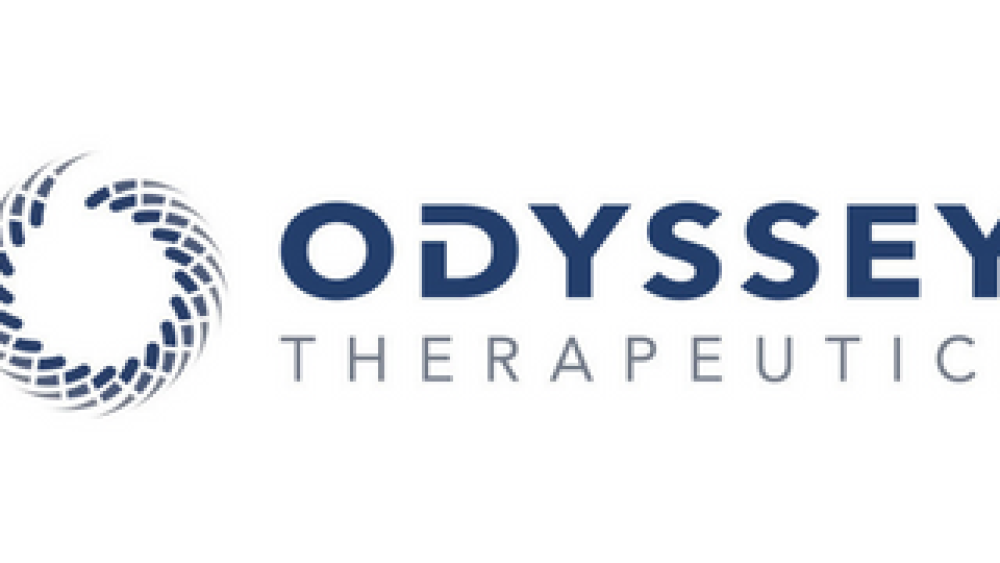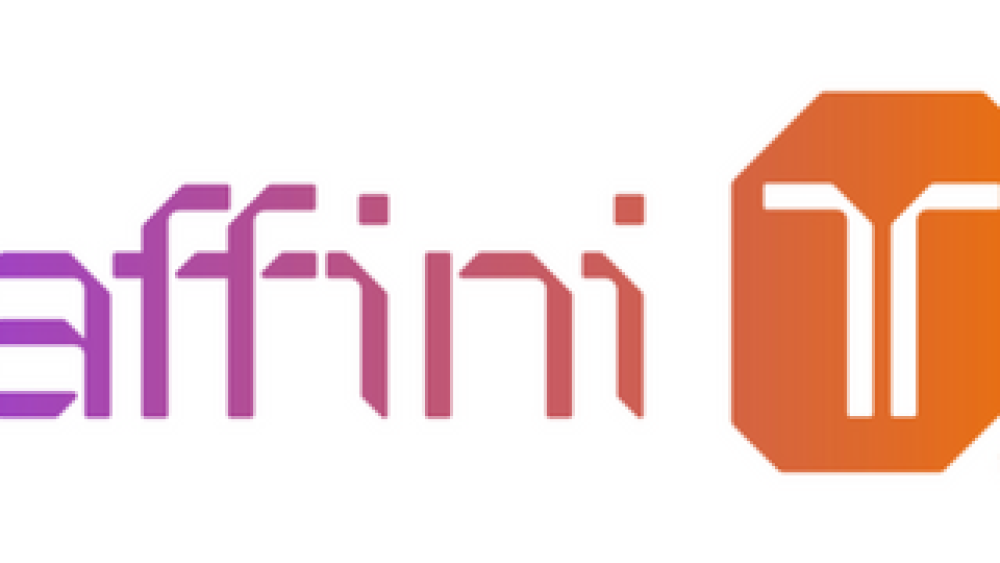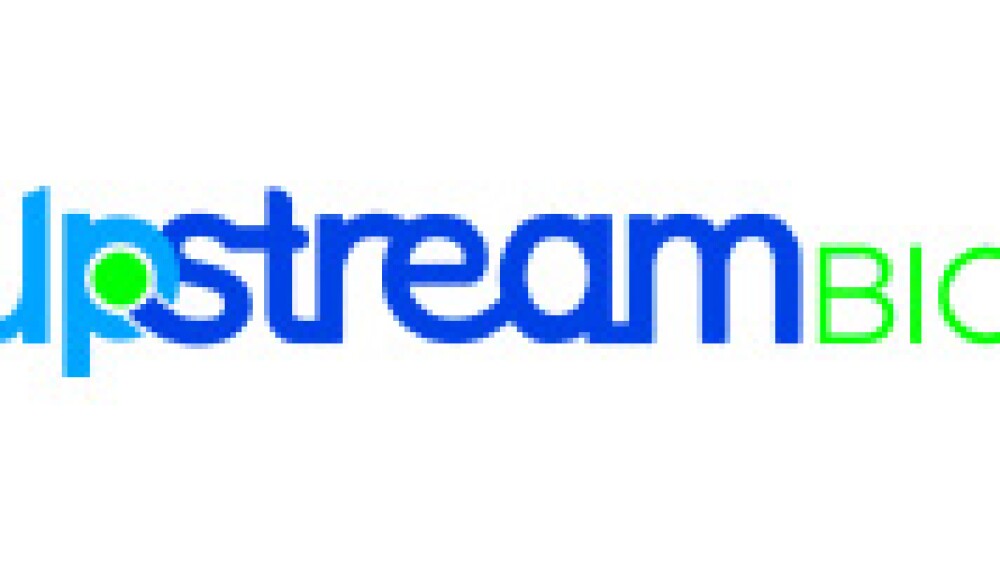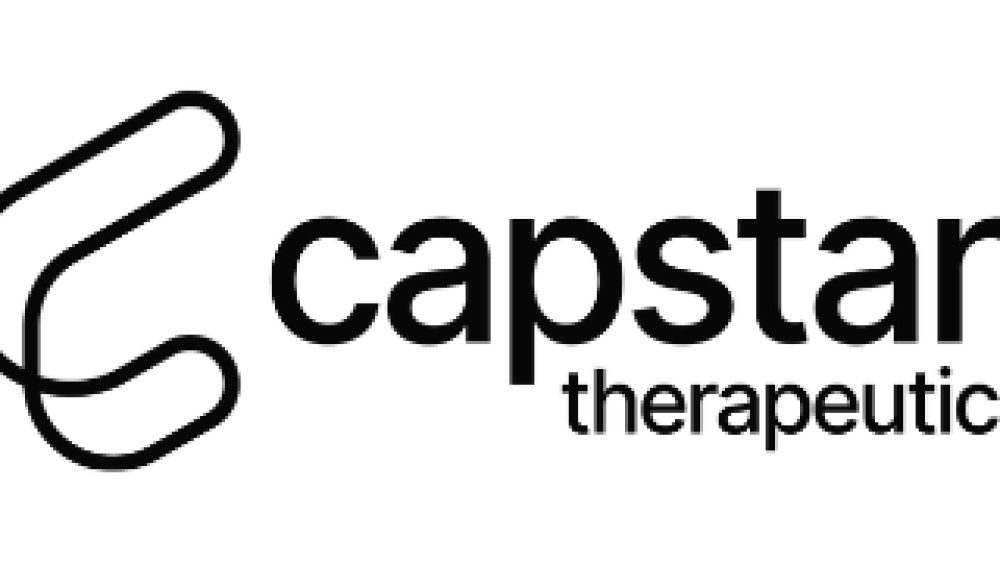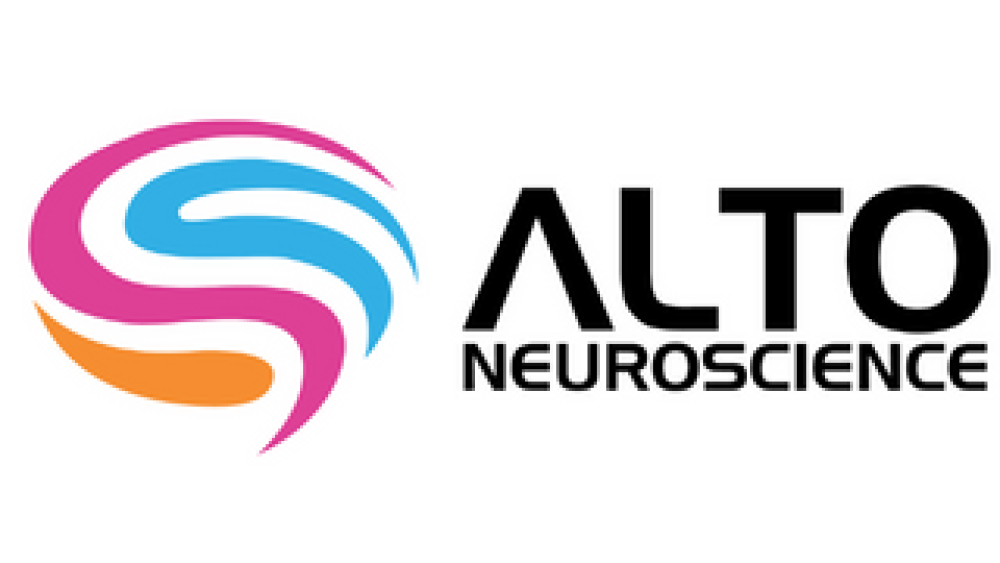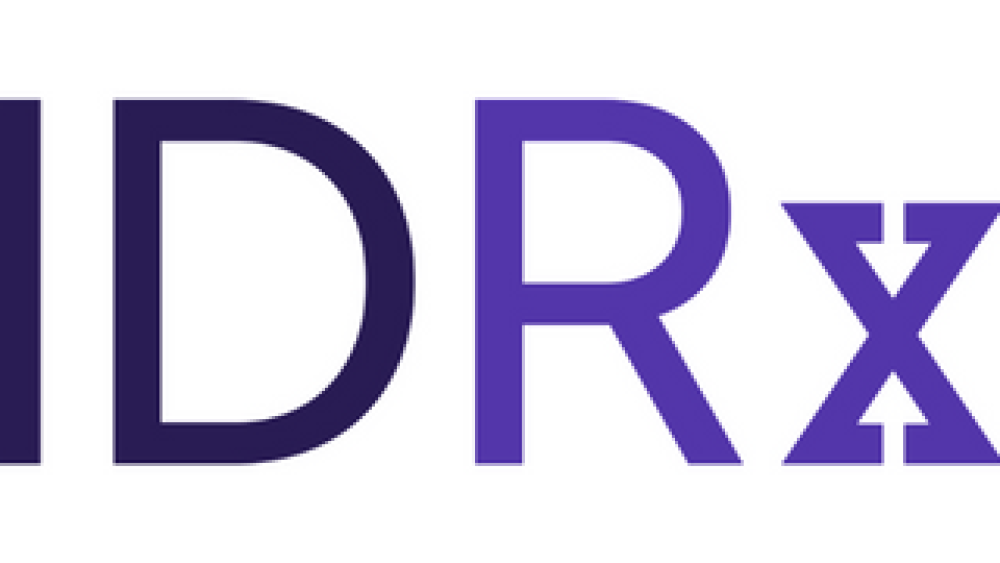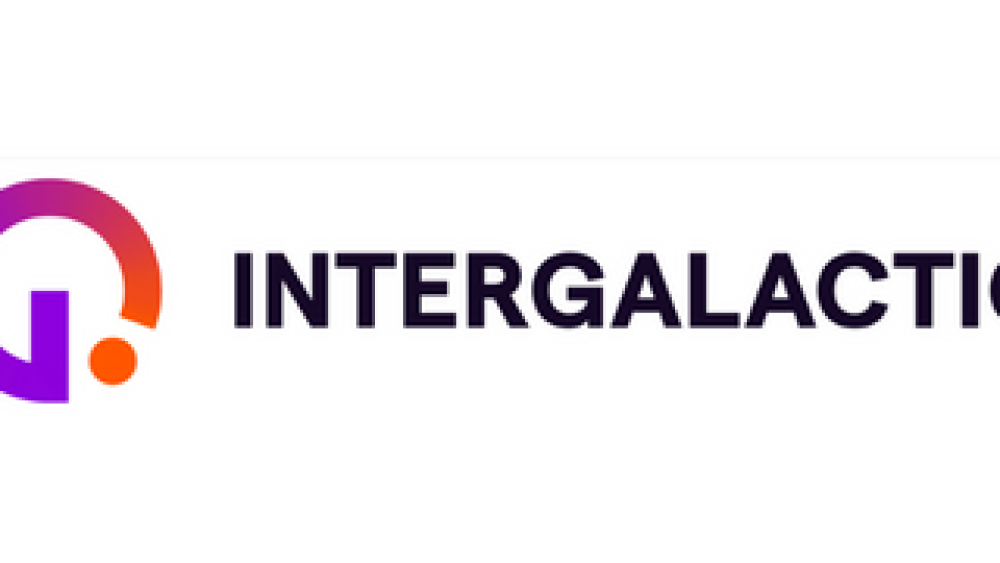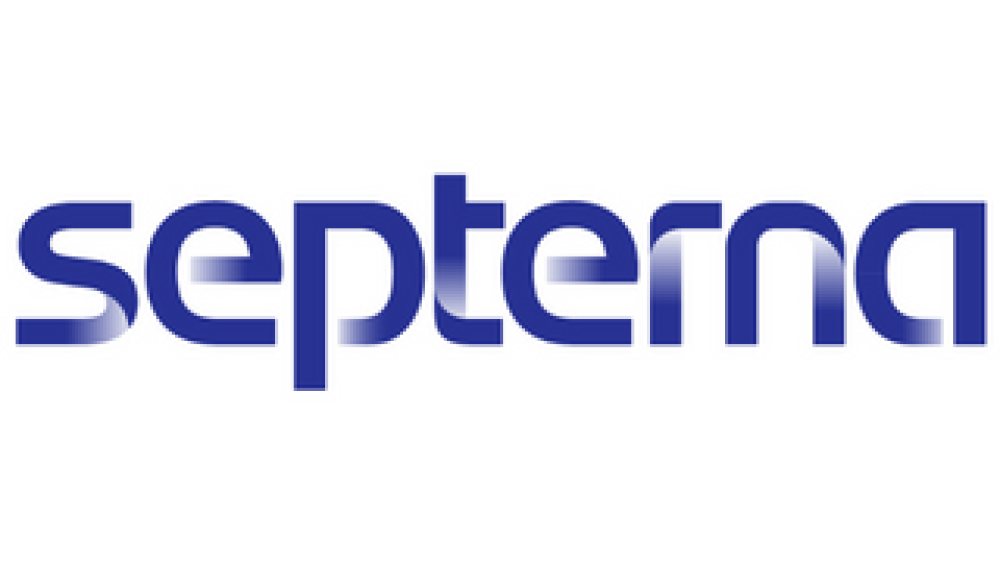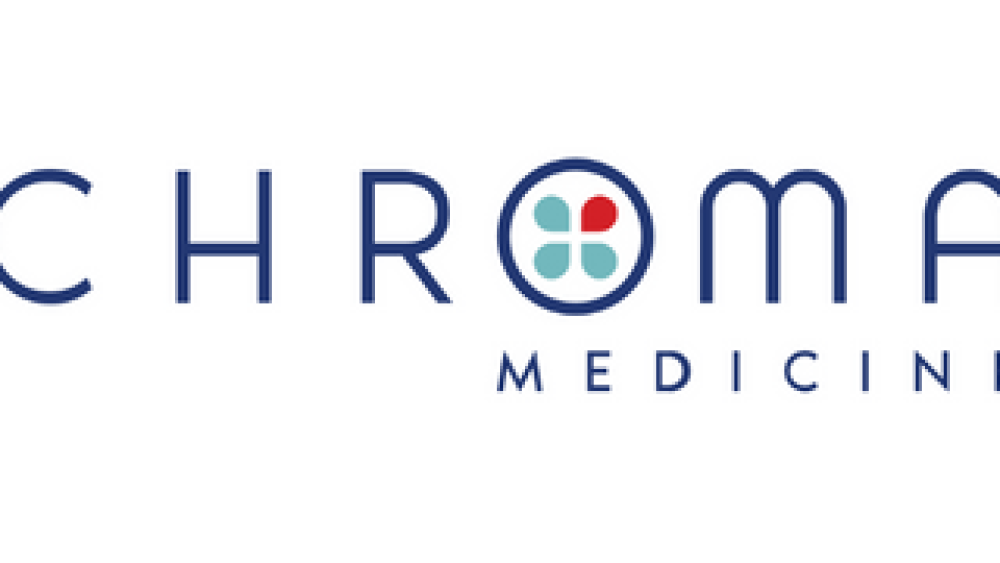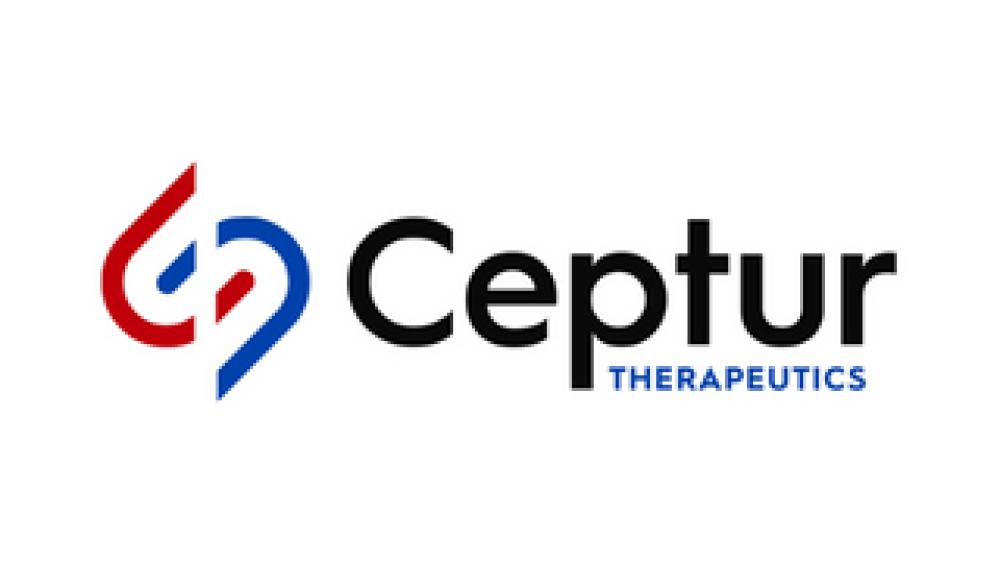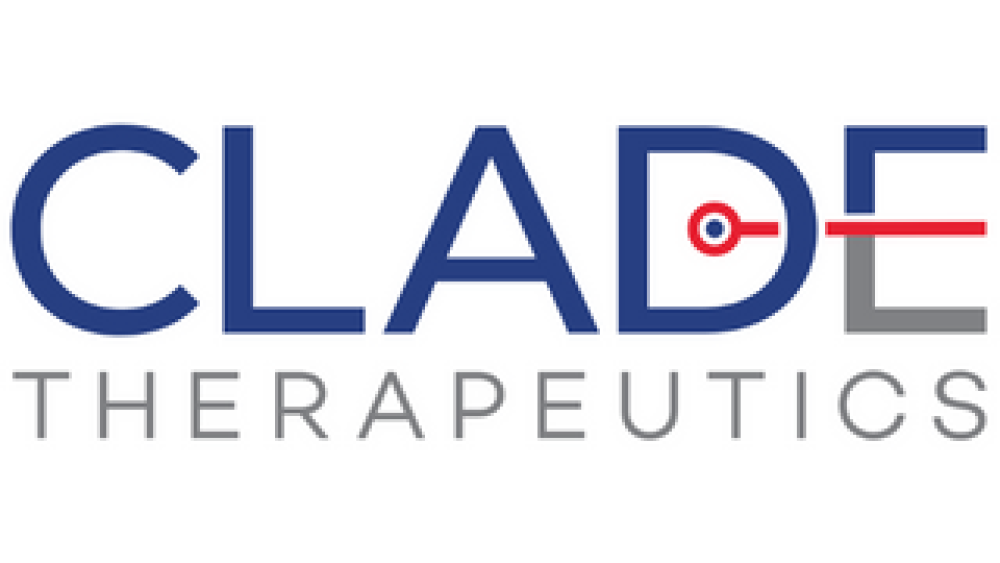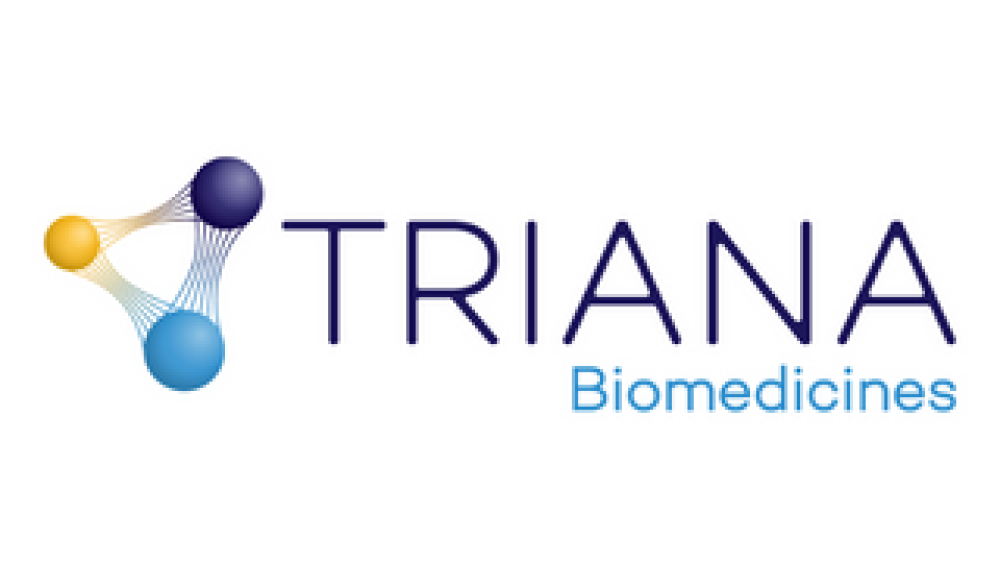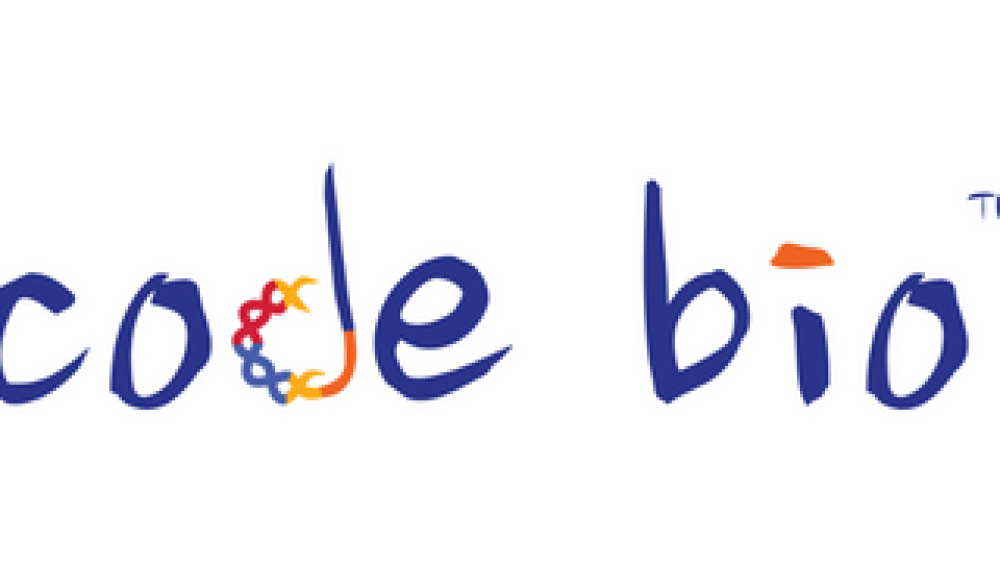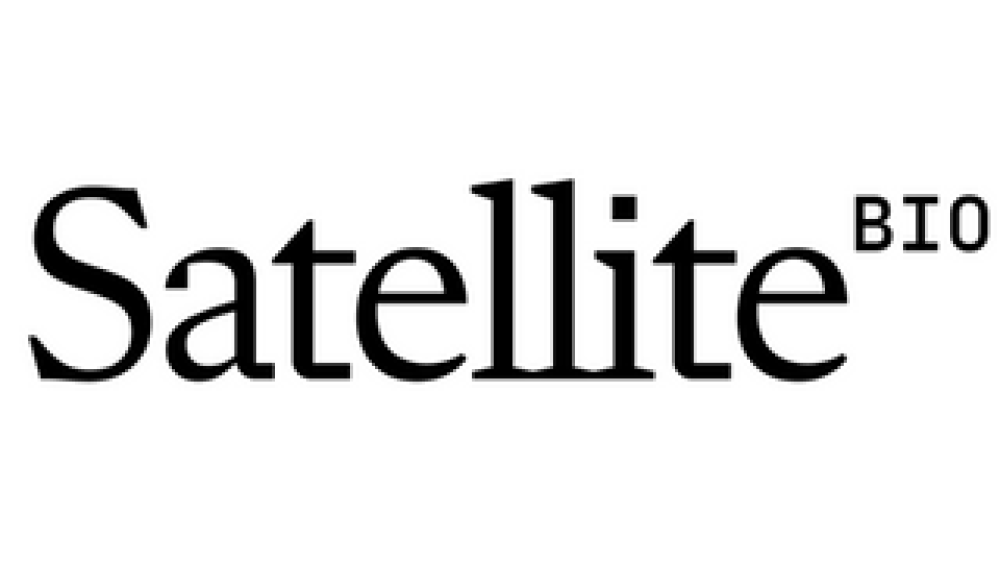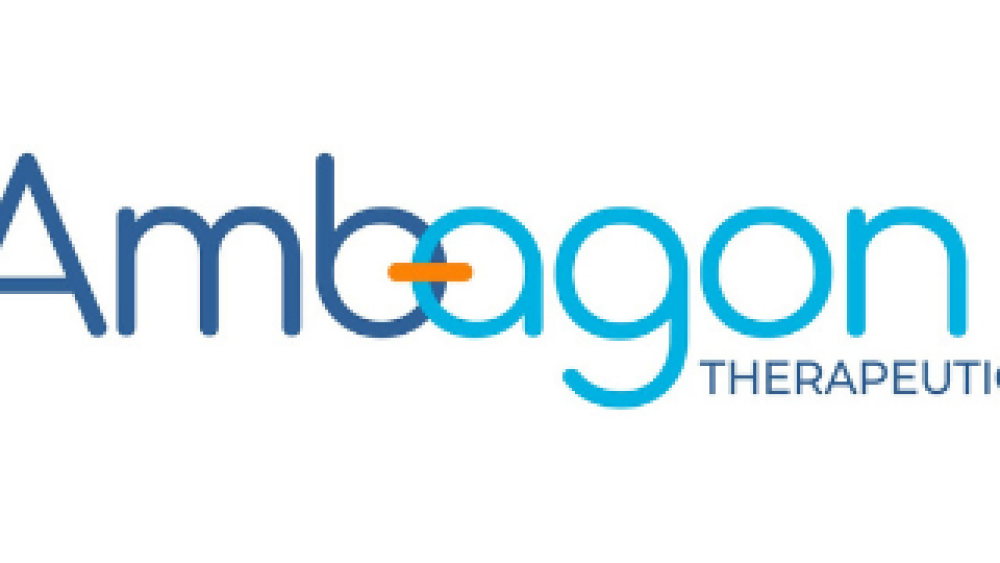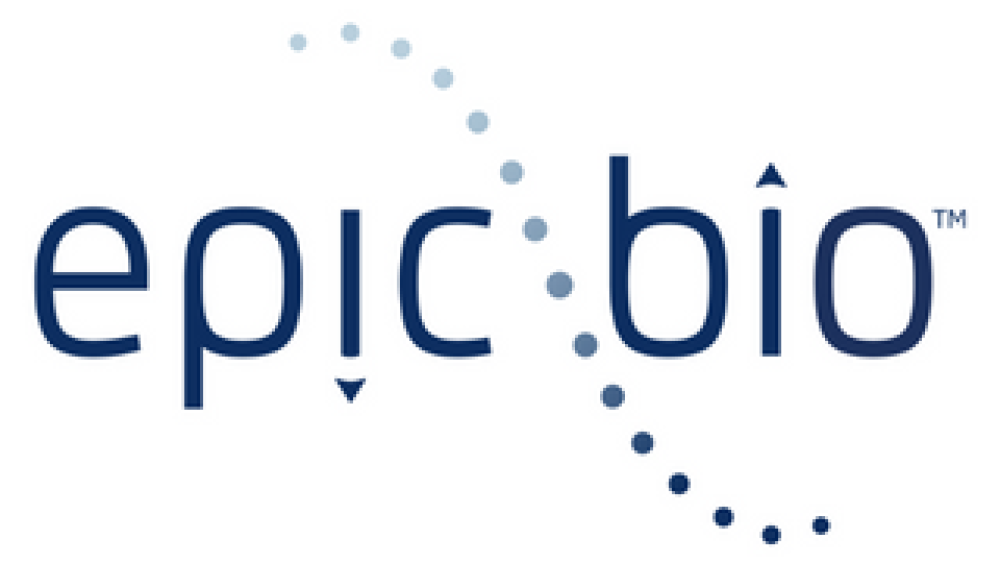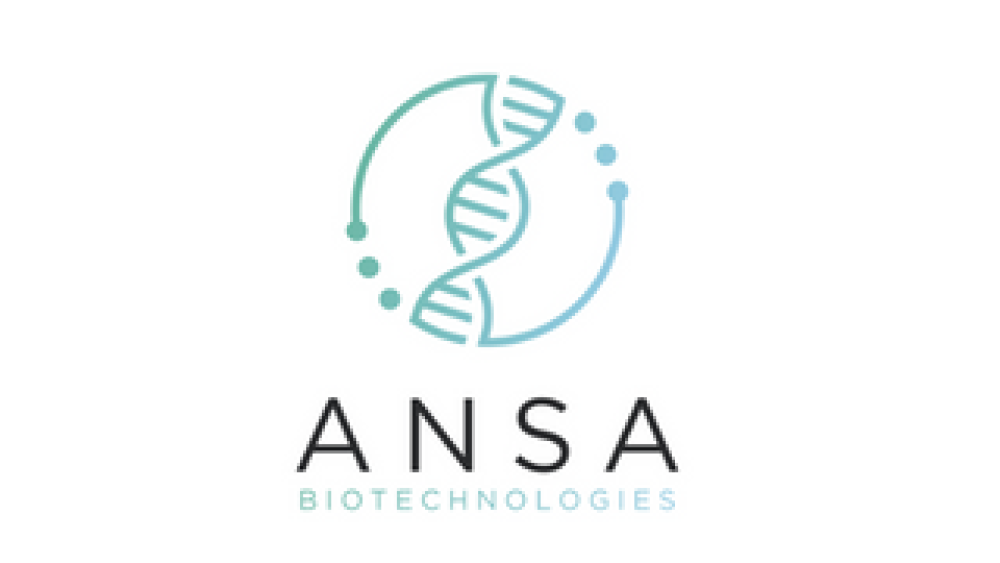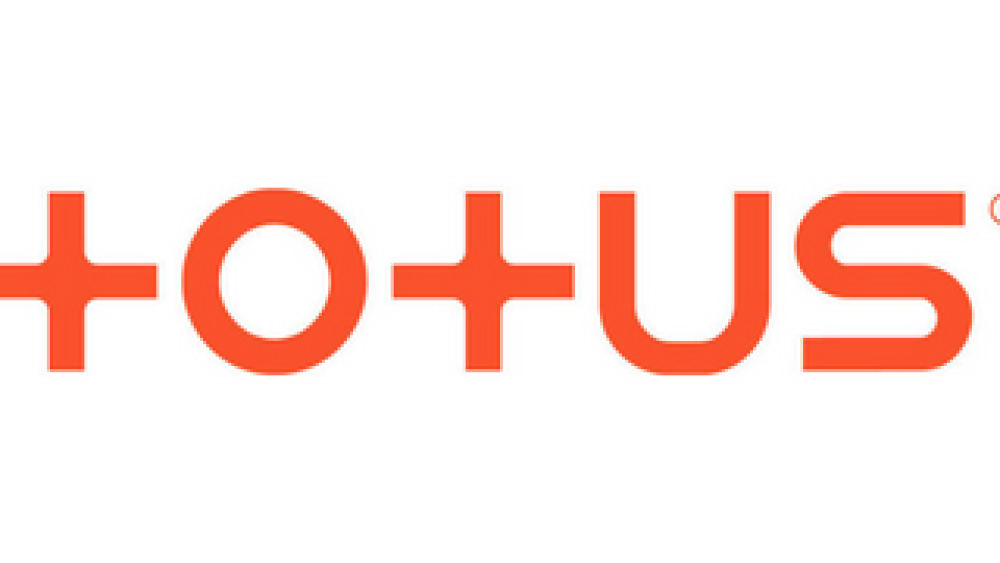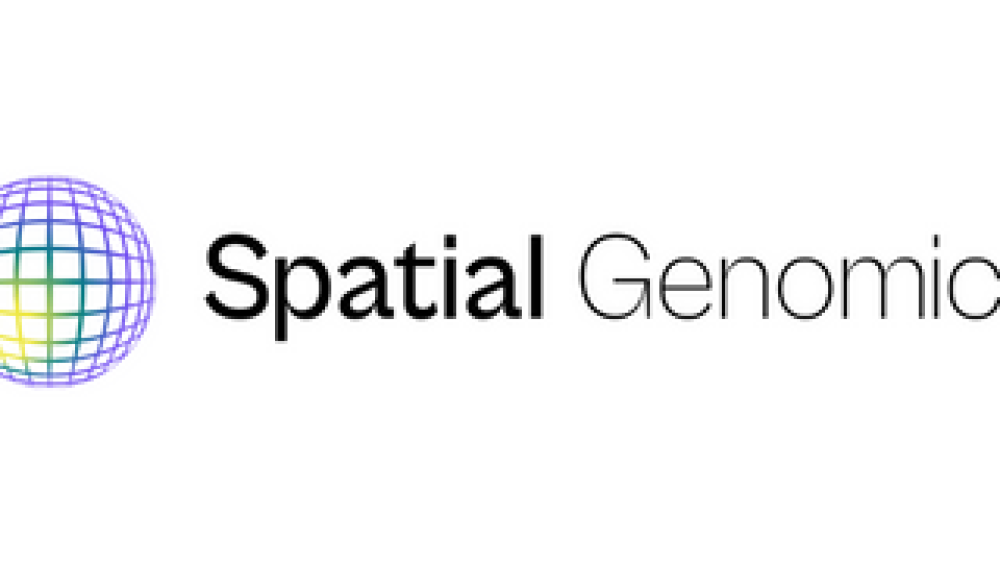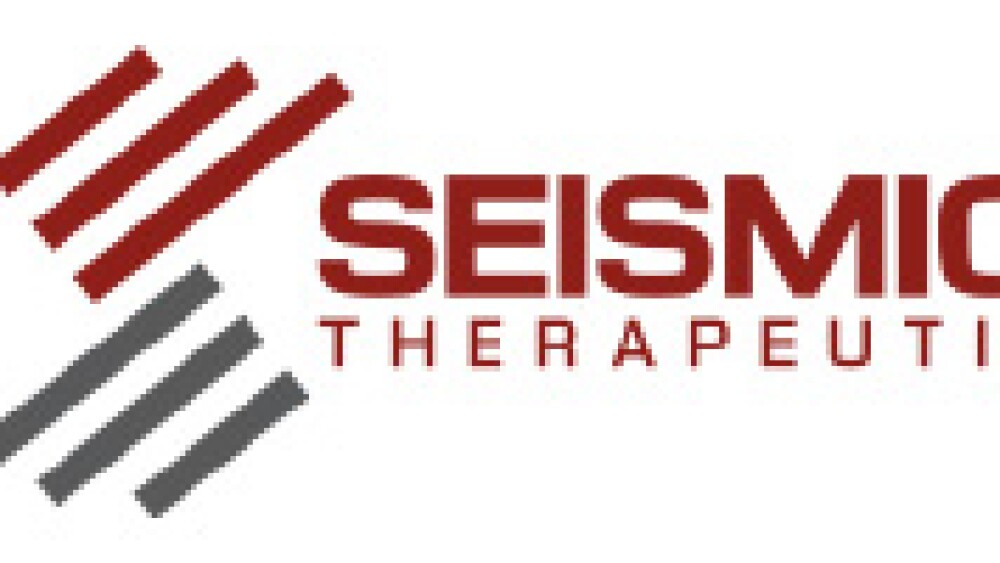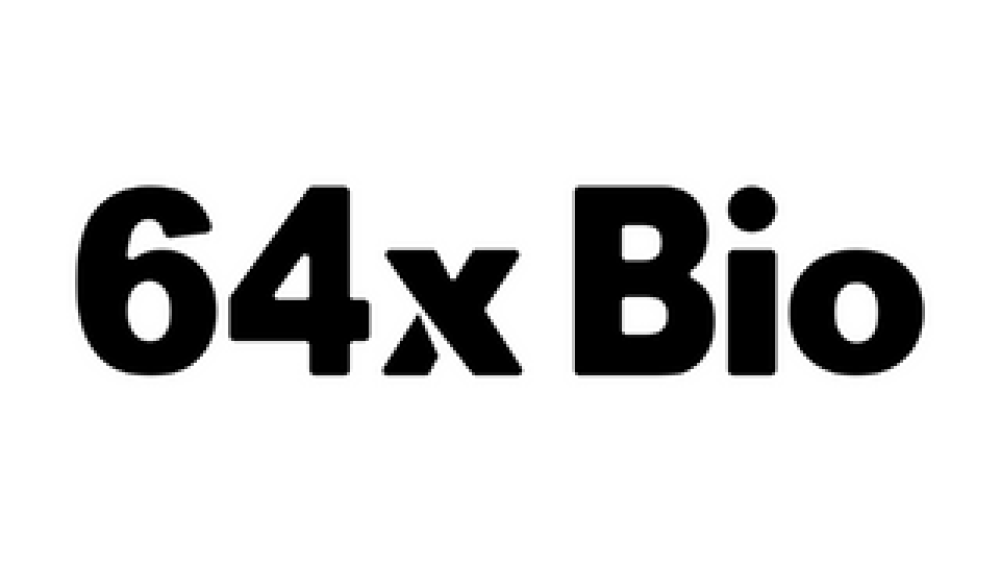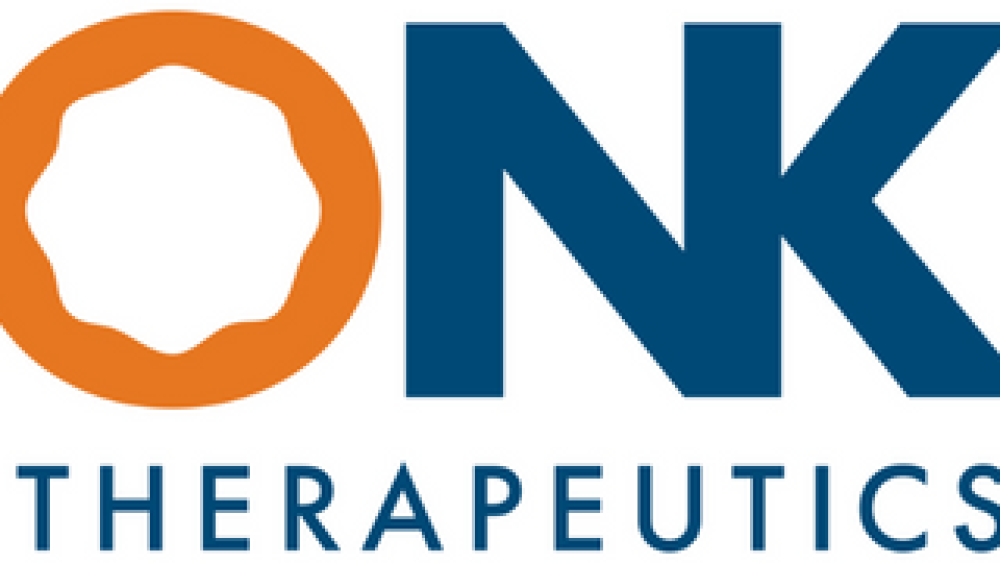BioSpace is proud to present its NextGen Bio “Class of 2023,” a list of the hottest recently launched life sciences companies in North America.
BioSpace is proud to present its NextGen Bio “Class of 2023,” a list of the hottest recently launched life sciences companies in North America.
To come up with this list, BioSpace evaluated companies that launched between September 2021 and September 2022 with Series A funding. They were then assessed using several different criteria and ranked in a cumulative fashion, based on the points awarded for each category. These categories were: finance, partnerships, pipeline, growth potential and innovation.
The NextGen Bio Class of 2023 is an impressive group of startups that are already making a significant impact on the industry now and will continue to do so into the future. Congratulations to this group of winners!
Launched: October 2021
Location: Watertown, MA
Series A: $400M
Notable: It’s no surprise that the highest Series A investment of the class went to a biotech developing precision medicines in the sizzling neuro space. A year later, Neumora netted another $112 million in Series B funding.
Differentiator: Neumora debuted with an impressive pipeline of eight clinical, preclinical and discovery stage programs stemming from internal discovery efforts and a strategic partnership with Amgen, which brought in another $100 million equity investment.
Clinical Stage Assets: Neumora has two clinical stage assets targeting major depressive disorder (NMRA-140) and anxiety disorders (NMRA-511).
2. Altos Labs
Launched: January 2022
Location: San Francisco, CA
Series A: $270M
Notable: Altos debuted in January with serious gravitas – with former GSK CSO Hal Barron, M.D. at the helm and a board of directors that includes Jennifer Doudna, Ph.D. and Frances Arnold, Ph.D., both Nobel Laureates.
Differentiator: Altos will take a $270 million Series A – and a total $3 billion from investors including Jeff Bezos - to decode and reverse the processes behind diseases of aging at the cellular level. The company is developing tech that can measure the effectiveness of any longevity or anti-aging drug in development.
It Takes a Village: Altos takes this adage seriously. The company is made up of leading scientists, clinicians and executives from academia and industry in the Bay area and Cambridge, U.K., with collaborations in place in Japan.
Launched: December 2021
Location: Cambridge, MA
Series A: $218M
Series B: $168M
Notable: Odyssey is on a journey to discover and develop novel targets. The company has so far declared eight programs in immunology and oncology.
Differentiator: Odyssey is rapidly expanding. Just ten months after securing $218 million in Series A funds, the company closed an oversubscribed Series B worth $168 million. As of October 2022, Odyssey counted more than 160 team members.
Leadership: Odyssey is helmed by serial biotech entrepreneur Gary Glick, Ph.D., who has founded several companies including IMF Therapeutics, Scorpion Therapeutics and First Wave Bio.
Launched: January 2022
Location: Watertown, MA/Seattle, WA
Venture Round (series unknown): $175M
Notable: Backed by Vida Ventures and Leaps by Bayer, the cell therapy start-up made its public debut at the 2022 J.P. Morgan Healthcare Conference.
Differentiator: Affini-T’s platform, which leverages a T Cell Receptor (TCR) discovery engine and suite of synthetic biology components, targets KRAS, the most prevalent oncogenic driver mutation in solid tumors. KRAS mutations are particularly ubiquitous in lung cancer, colorectal cancer and pancreatic cancer.
Forward Motion: Affini-T recently struck a partnership with ElevateBio to utilize that company’s Basecamp LentiPeakTM lentiviral vector technology platform and cell therapy production capabilities. The alliance will help Affini-T drive its oncogenic driver programs into clinical development.
5. Upstream Bio
Launched: June 2022
Location: Waltham, MA
Series A: $200M
Notable: Nestled in the heart of Genetown, this OrbiMed-founded start-up officially debuted in June with $200 million in Series A financing and a clinical-stage asset targeting severe asthma acquired from Astellas.
Differentiator: Upstream’s approach focuses on the TSLP receptor. UPB-101 is a monoclonal antibody that targets the receptor for TSLP, a validated target positioned upstream of multiple signaling cascades that affect immune cells instrumental in many inflammatory diseases.
A Head Start: Astellas had already compiled preclinical and clinical data for UPB-101, including a single ascending dose in healthy human volunteers.
Launched: September 2022
Location: San Diego, CA
Series A: $165M
Notable: What do you get when you combine cell therapy and genetic medicine? San Diego-based Capstan Therapeutics got buy-in from investors like Novartis, Pfizer, Bayer, Eli Lilly and BMS.
Differentiator: Capstan’s targeted delivery platform aims to reprogram immune cells in vivo with the payloads necessary to benefit patients with cancer, fibrosis and inflammation-related diseases and blood monogenic disorders.
Preclinical Promise: The platform has already demonstrated potential in preclinical studies against a fibrosis-related target.
Launched: October 2021
Location: Los Altos, CA
Series A: $32M
Series B: $35M
Notable: Novartis-backed Alto Neuroscience has raised $75 million to date. The precision psychiatry company already has two assets, ALTO-100 for major depressive disorder (MDD) and post-traumatic stress disorder and ALTO-300 for MDD in Phase II studies.
Differentiator: Alto is working to treat these neuropsychiatric diseases and more with its AI-enabled biomarker platform, which combines rich sources of information on patients’ brain activity and behavior to develop medicines for target populations.
Racking up Accolades: The company was recently selected as one of BioSpace’s 2023 Best Places to Work in Biopharma.
8. IDRx, Inc.
Launched: August 2022
Location: Plymouth, MA
Series A: $122M
Notable: IDRx arrived in Genetown in August with $122 million and alliances with Merck KGaA and Blueprint Medicines.
Differentiator: Combinations are key for IDRx, which is developing intelligently designed combinations in the hopes of stopping cancer mutations before they start. IDRX-42, licensed from Merck, is already in Phase I trials for gastrointestinal stromal tumor.
A Solid Foundation: IDRx was incubated by Alexis Borisy. The serial biotech entrepreneur has helped launch companies like Relay Therapeutics and EQRx, which took the number two spot in BioSpace’s NextGen Bio Class of 2021.
Launched: October 2021
Location: Cambridge, MA
Series A: $75M
Notable: Founded in 2020 by ATP, Intergalactic scored $75 million in Series A funds to develop non-viral gene therapies in ophthalmology, hearing disorders and vaccines.
Differentiator: Part of the next generation of gene therapies, Intergalactic aims to overcome the size limitations of viral vectors with its C3DNA platform. The tech allows the company to design and deliver even the largest genes to target cells.
Strong Leadership: Intergalactic is helmed by former Biogen EVP of R&D, Michael Ehlers, M.D., Ph.D. At Biogen, Ehlers oversaw the global filings and approvals for spinal muscular atrophy (SMA) therapy Spinraza.
10. Septerna, Inc.
Launched: January 2022
Location: South San Francisco, CA
Series A: $100M
Notable: One of 2022’s earliest Series As, Septerna has since built out its leadership team with the formal appointment of Jeffrey Finer, M.D., Ph.D. as CEO and the additions of Liz Bhatt as chief operating officer and Ran Xiao as VP of finance and business operations.
Differentiator: Septerna has a very specific target: GPCR. The largest and most diverse family of cell membrane receptors, there are more than 700 approved drugs targeting GPCRs, including opioids. Septerna is leveraging its GPCR Native Complex™ platform to target new diseases previously considered untreatable.
Impressive Heritage: Septerna belongs to the notable Third Rock Ventures family which also includes Editas Medicine, Faze Medicines, Asher Bio and Flare Therapeutics.
Launched: November 2021
Location: Cambridge, MA
Series A: $125M
Notable: Chroma belongs to one of the hottest therapeutics spaces - epigenetic medicine. Atlas Venture and Newpath Partners seeded the company.
Differentiator: In April 2021, Chroma co-founders Luke Gilbert, Ph.D. and Jonathan Weissman, Ph.D. published a paper in Cell about a new gene editing technology that forms the basis of Chroma’s work. The tech, CRISPRoff, allows researchers to control gene expression with high specificity while leaving the DNA sequence unaltered.
A Full Scientific House: Chroma’s six scientific founders – including the Broad Institute’s David Liu – carry significant gravitas in genomics, epigenetic editing and drug discovery.
Launched: January 2022
Location: Hillsborough, NJ
Series A: $75M
Notable: Launched in January with $75 million in Series A funding, Ceptur has support from Bristol Myers Squibb. The debut round was led by venBio Partners and Qiming Venture Partners USA.
Differentiator: Ceptur is developing targeted oligonucleotide therapeutics based on U1 Adaptor technology. U1 Adaptors are bivalent oligonucleotides that engage sequence-specific mRNA and the U1 small nuclear ribonuclear protein (U1 snRNP). These therapies control gene expression at the pre-mRNA level within the nucleus, offering the potential to regulate mRNA in a highly targeted fashion.
A Solid Foundation: Ceptur’s scientific advisory board includes RNA therapeutics veterans Steven Dowdy, Ph.D., Adrian Krainer, Ph.D., Henrik Oerum, Ph.D. and Thomas Tuschl, Ph.D.
Launched: November 2021
Location: Cambridge, MA
Series A: $87M
Notable: Bristol Myers Squibb has put its capital into another NextGen Bio ’23 member, Clade Therapeutics, which is developing scalable, off-the-shelf, next-generation stem cell-based medicines to treat cancer.
Differentiator: The company’s proprietary platform enables the immune cloaking of induced pluripotent stem cells and the differentiation of cloaked stem cells into therapeutic cells.
Strong Leadership: Co-founder and CEO Chad Cowan, Ph.D. also co-founded Sana Biotechnology and has had a hand in the launch of several other cell and gene therapy startups including BlueRock Therapeutics, Vesigen Therapeutics and NextGen Bio ’22 member Metagenomi.
Launched: April 2022
Location: Waltham, MA
Series A: $110M
Notable: Triana Biomedicines is discovering and developing novel small molecules that form the backbone of a scalable “molecular glue.”
Differentiator: Researchers at Triana expect the platform to be able to identify over 600 preferred E3 ligases for priority disease targets.
Industry Vets at the Helm: Patrick Trojer, Ph.D., president and CEO, previously served as chief scientific officer at Constellation Pharmaceuticals. CSO Jean-Christophe Harmange, Ph.D. was previously SVP and head of research at Goldfinch Bio, and Co-founder and CTO Jesse Chen, Ph.D. built Kymera Therapeutics’ industry-leading targeted protein degradation platform and pipeline.
Launched: June 2022
Location: Hatfield, PA
Series A: $75M
Notable: Code Bio is aiming its non-viral delivery platform at therapies for some of the most prevalent genetic diseases including Duchenne Muscular Dystrophy (DMD) and type 1 diabetes.
Differentiator: Code Bio’s 3DNA platform is made up of modular, programmable building blocks, enabling it to target cells and tissues with a high degree of specificity. The company attests the platform can enable targeted delivery of gene therapy, RNAi and other genetic medicine modalities.
Power Partners: Code Bio and Takeda struck a collaboration agreement to leverage the 3DNA platform for a liver-directed rare disease program. They will also conduct studies for CNS-directed rare disease programs. Amgen wanted in too - its VC arm took part in the Series A round.
16. Satellite Bio
Launched: April 2022
Location: Cambridge, MA
Series A: $110M
Notable: Regenerative medicine player Satellite Bio bioengineers cells into “Satellites” which can be implanted into patients. The approach is dubbed “Tissue Therapeutics”.
Differentiator: Satellites are assembled and programmed through the Satellite Adaptive Tissue (SAT) platform which serves to restore, repair or replace dysfunctional or diseased tissue. Satellite will focus its initial attention on liver cells.
Experienced Leadership: CEO Dave Lennon, Ph.D. most recently served as president of AveXis and Novartis Gene Therapies, where he led the launch of Zolgensma, a regenerative gene therapy for SMA.
Launched: January 2022
Location: San Francisco, CA
Series A: $85M
Notable: Molecular glue developer Ambagon was seeded by RA Capital Management, AbbVie Ventures, MRL Ventures Fund and more. Surveyor Capital joined the Series A round.
Differentiator: Ambagon is developing molecular glue stabilizers to address proteins with intrinsically disordered regions that interact with the hub protein 14-3-3.
Promising Preclinical Pipeline: Ambagon has five early discovery programs, all focused on cancer. By the second half of 2023, the company expects to field at least one developmental candidate.
18. Epic Bio
Launched: July 2022
Location: South San Francisco, CA
Series A: $55M
Notable: The genetic medicine company was founded by Stanley Qi, Ph.D., a well-known bioengineer and co-inventor on the CRISPR patent held by the University of California.
Differentiator: Epic’s Gene Expression Modulation System (GEMS) platform is designed to precisely modify gene expression. GEMS sports the largest known library of novel modulators combined with advanced functional and computational genomics capabilities to rapidly design guide RNAs that are highly specific to the targeted genes.
Key Clinical Asset(s): The biotech’s lead pre-clinical candidate, EPI-321, targets the rare muscle disorder facioscapulohumeral muscular dystrophy (FSHD), an inherited condition that primarily affects the face, scapula and the humerus region. FSHD is the second most common form of muscular dystrophy and usually presents before the age of 20.
Launched: April 2022
Location: Emeryville, CA
Series A: $68M
Notable: Ansa is developing a next-generation enzyme DNA synthesis platform.
Differentiator: Ansa’s enzyme DNA synthesis platform could be a major improvement over the current industry standard, known as phosphoramidite synthesis, which uses hazardous chemicals that can lead to molecule damage or higher error rates.
A New Wrinkle on DNA Synthesis: The company’s novel enzyme-based platform has the potential to lead to faster, longer and more accurate DNA synthesis.
20. Totus Medicines
Launched: December 2021
Location: Emeryville, CA
Series A: $40 million
Notable: Using advanced cellular analysis and large-scale machine learning, Totus’ unique drug discovery platform aims to make every human disease druggable.
Differentiator: Totus boasts the world’s most comprehensive library of covalent chemistries which it pairs with ultra-high throughput cell-based screening and an AI/ML-powered drug design portal.
A Potential Gamechanger: The biotech’s lead experimental candidate is the pre-clinical phosphatidylinositol 3-kinase α (PI3Kα) inhibitor TOS-358. PI3Kα is a common oncogene found in a variety of tissue types. TOS-358 is designed to be a major improvement, from an efficacy standpoint, over the field of currently approved PI3Kα inhibitors.
21. Spatial Genomics
Launched: February 2022
Location: Pasadena, CA
Series A: $56 million
Notable: Spatial Genomics’ approach to unraveling molecular identities and locations within single cells is based on a combination of sequential fluorescence in situ hybridization (aka seqFISH) and molecular barcoding. The company’s powerful platform could prove to be a major step forward for the field of integrated spatial genomic analysis.
Differentiator: Integrated spatial genomics is a rapidly developing field that may one day lead to major breakthroughs in precision medicine, biotechnology and molecular biology.
A Key Financial Backer: As part of its Series A fund raising, Spatial scored a $40 million strategic investment from the genetic testing company Fulgent Genetics.
Launched: February 2022
Location: Boston, MA
Series A: $101M
Notable: The biotech’s novel IMPACT™ platform integrates machine learning into the biologic drug discovery process. Seismic plans to leverage this unique technology to develop designer biologic therapies for various autoimmune diseases.
Differentiator: Seismic’s IMPACT™ technology has the potential to be a major step forward in the discovery and development of therapies targeting conditions arising from dysregulated adaptive immunity.
A Top Financial Backer: Seismic’s Series A funding was led by the top shelf venture capital firm Lightspeed Venture Partners.
23. 64x Bio
Launched: January 2022
Location: San Francisco, CA
Series A: $55 million
Notable: 64x Bio’s VectorSelect™ platform, a novel cell line engineering technology, is designed to lower the economic and logistic burdens inherent in most types of gene therapies.
Differentiator: The company’s novel technology could unlock billions in latent value in the multi-billion-dollar gene therapy market.
A Prestigious Heritage: 64X Bio’s cell line engineering technology was developed by the company’s founders, including George Church at Harvard University and David Thompson at Harvard’s Wyss Institute.
24. Mariana Oncology
Launched: December 2021
Location: Boston, MA
Series A: $75 million
Notable: Mariana’s tumor target biology, which pairs ligand modalities to target features, could be a quantum leap forward for the field of cancer-fighting radiopharmaceuticals.
Differentiator: The company’s cutting-edge radiopharmaceuticals are designed to be best-in-class precision cancer treatments, characterized by rapid system clearance, maximum payloads and top shelf safety profiles.
A Highly Skilled Management Team: Mariana CEO Simon Read, Ph.D. was the former CSO for Ra Pharmaceuticals until the company was bought out by UCB Pharma. Read has also held leadership positions in several other notable pharmaceutical companies such as GlaxoSmithKline, AstraZeneca and Roche/Genentech.
*Mariana was formerly known as Curie Therapeutics
25. ONK Therapeutics
Launched: January 2022
Location: San Diego, CA
Series A: $21.5M
Notable: ONK is developing a portfolio of next-generation off-the-shelf cell therapies for a diverse range of both liquid and solid tumors.
Differentiator: The company’s gene-editing technology is designed to enhance the safety and efficacy of modified natural killer cells (NK) across a variety of hard-to-treat tumors.
Lead Clinical Stage Asset: ONK’s lead product candidate is ONKT102, a fully human, optimized affinity CD38 CAR-NK. This experimental cell therapy is presently in IND-enabling studies as a potential treatment for relapsed/refractory multiple myeloma.

